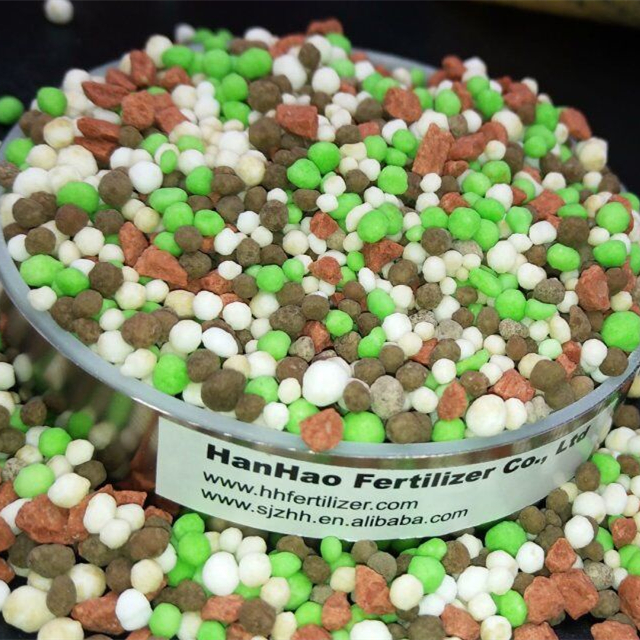
Nov . 11, 2024 09:38 Back to list
dry organic fertilizer
The Importance of Dry Organic Fertilizer in Sustainable Agriculture
In today's rapidly evolving agricultural landscape, the demand for sustainable practices has never been more pressing. As conventional farming methods face scrutiny due to their adverse environmental impacts, the adoption of organic farming principles has gained momentum. One significant component of this organic farming movement is the use of dry organic fertilizers. This article delves into the importance of dry organic fertilizers, their benefits, and their role in promoting sustainable agriculture.
What Are Dry Organic Fertilizers?
Dry organic fertilizers are natural substances derived from plant or animal materials that have been processed and dried to facilitate ease of application. Common sources include composted manure, bone meal, fish emulsion, and alfalfa meal, among others. These fertilizers enrich the soil with essential nutrients, improve soil structure, and enhance microbial activity, creating a healthy ecosystem for plants.
Nutrient Content and Release Rates
One of the key advantages of dry organic fertilizers is their nutrient profile. Unlike synthetic fertilizers, which often contain high concentrations of nitrogen, phosphorus, and potassium (N-P-K) designed for immediate plant uptake, dry organic fertilizers provide a more balanced and slow-release nutrient supply. This slow-release mechanism benefits plants by ensuring a steady availability of nutrients over time, reducing the risk of nutrient leaching into water bodies and promoting sustained plant growth.
Furthermore, dry organic fertilizers typically contain secondary and micronutrients that are essential for plant health. Nutrients such as calcium, magnesium, and sulfur are critical for various physiological functions in plants. Additionally, the presence of trace elements like iron, zinc, and manganese supports enzyme activity and overall plant vitality.
Soil Health and Structure
Dry organic fertilizers significantly contribute to improving soil health. The organic matter present in these fertilizers enhances soil structure, promoting better aeration, water retention, and root penetration. This improved soil structure fosters a conducive environment for beneficial microorganisms, such as bacteria, fungi, and earthworms. These organisms play a pivotal role in nutrient cycling and contribute to the breakdown of organic matter, further enriching the soil.
dry organic fertilizer

Moreover, the use of dry organic fertilizers enhances soil tilth, making it easier for farmers to cultivate the land. Healthy soil is fundamental for sustainable agriculture, as it directly impacts crop yields and resilience against pests and diseases.
Environmental Benefits
The environmental advantages of dry organic fertilizers are noteworthy. As organic fertilizers are made from renewable resources, their use contributes to reducing reliance on fossil fuel-based synthetic fertilizers. This shift not only diminishes greenhouse gas emissions associated with fertilizer production but also mitigates the risk of chemical runoff, which often leads to water pollution. By utilizing dry organic fertilizers, farmers can promote responsible land stewardship and protect nearby ecosystems from the harmful effects of chemical inputs.
Additionally, dry organic fertilizers enhance carbon sequestration in the soil. The organic matter they introduce can trap carbon dioxide, a significant greenhouse gas, thereby playing a role in combating climate change. Healthy soils rich in organic matter are better equipped to sequester carbon and maintain ecosystem services critical for biodiversity.
Application Practices and Considerations
While dry organic fertilizers offer numerous benefits, their effective application requires careful consideration. Soil testing is essential to determine nutrient deficiencies and the appropriate rate of application. Over-application can lead to nutrient imbalances and potential negative impacts on plant growth.
Farmers should also consider the timing of application, as this can influence nutrient availability. Applying dry organic fertilizers during key growth stages of plants ensures that nutrients are available when they are most needed.
Conclusion
In conclusion, dry organic fertilizers represent a vital component of sustainable agriculture. Their ability to provide balanced nutrition, improve soil health, and offer environmental benefits makes them an attractive alternative to synthetic fertilizers. As the agricultural sector continues to evolve, embracing practices that prioritize sustainability will be imperative for ensuring food security while preserving the planet's health. By integrating dry organic fertilizers into their nutrient management strategies, farmers can contribute to a more sustainable and environmentally friendly agricultural future.
-
10-10-10 Organic Fertilizer - Balanced NPK Formula
NewsAug.02,2025
-
Premium Organic Manure Compost for Eco Gardens
NewsAug.01,2025
-
Organic 10-10-10 Fertilizer | Balanced Plant Nutrients
NewsJul.31,2025
-
Premium Amino Acid Fertilizer | Rapid Plant Growth Booster
NewsJul.31,2025
-
10 10 10 Fertilizer Organic—Balanced NPK for All Plants
NewsJul.30,2025
-
Premium 10 10 10 Fertilizer Organic for Balanced Plant Growth
NewsJul.29,2025
